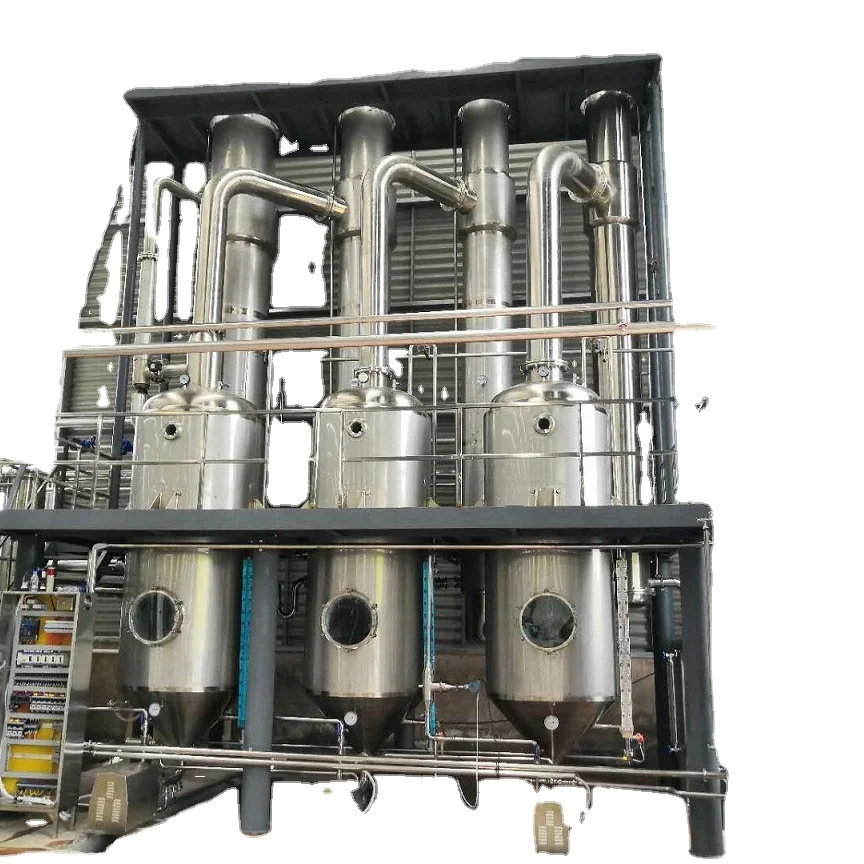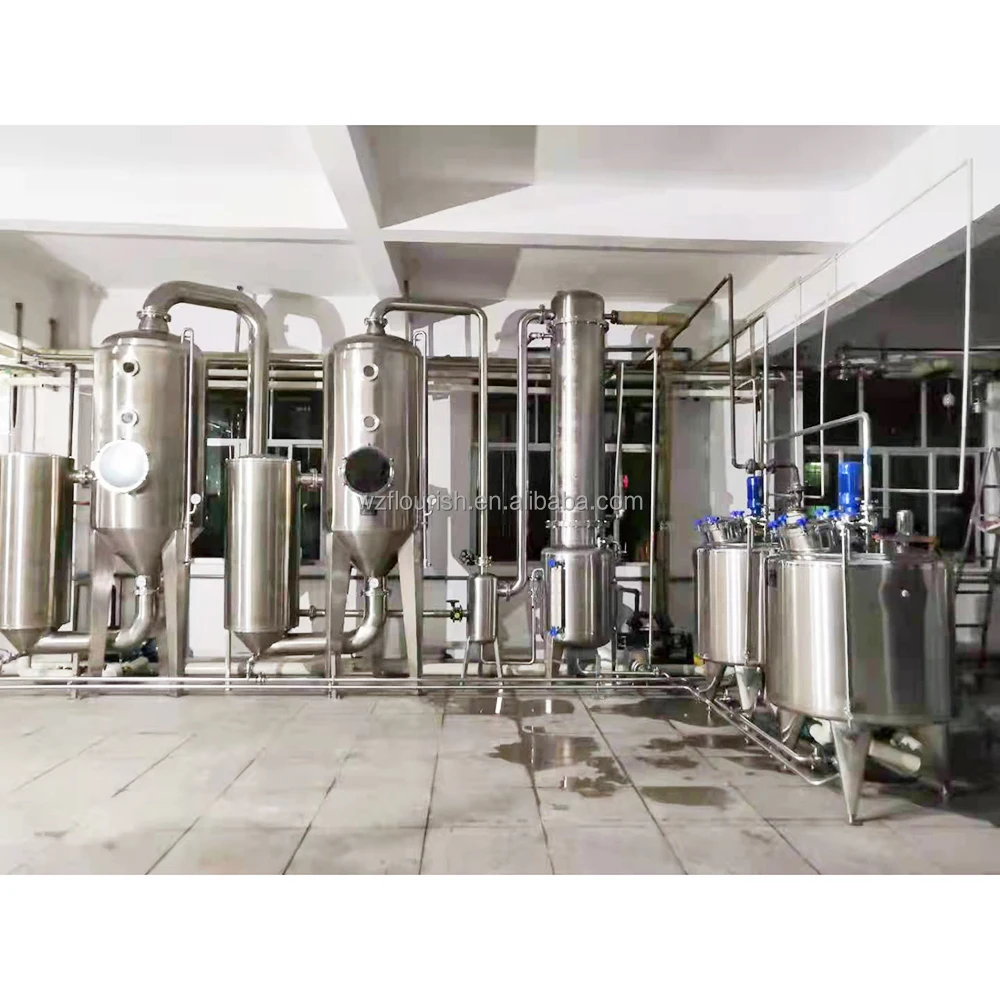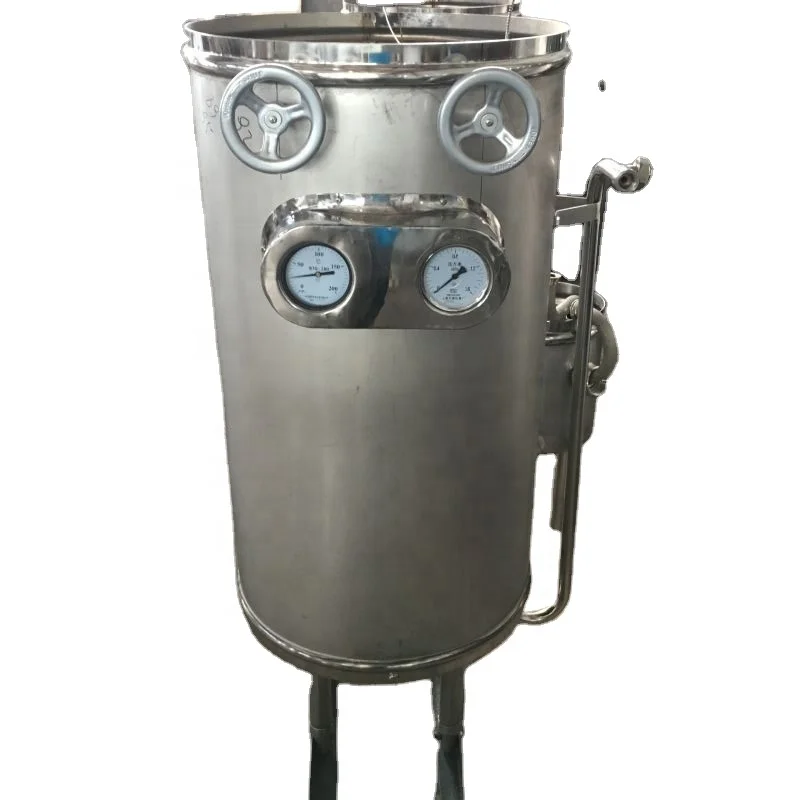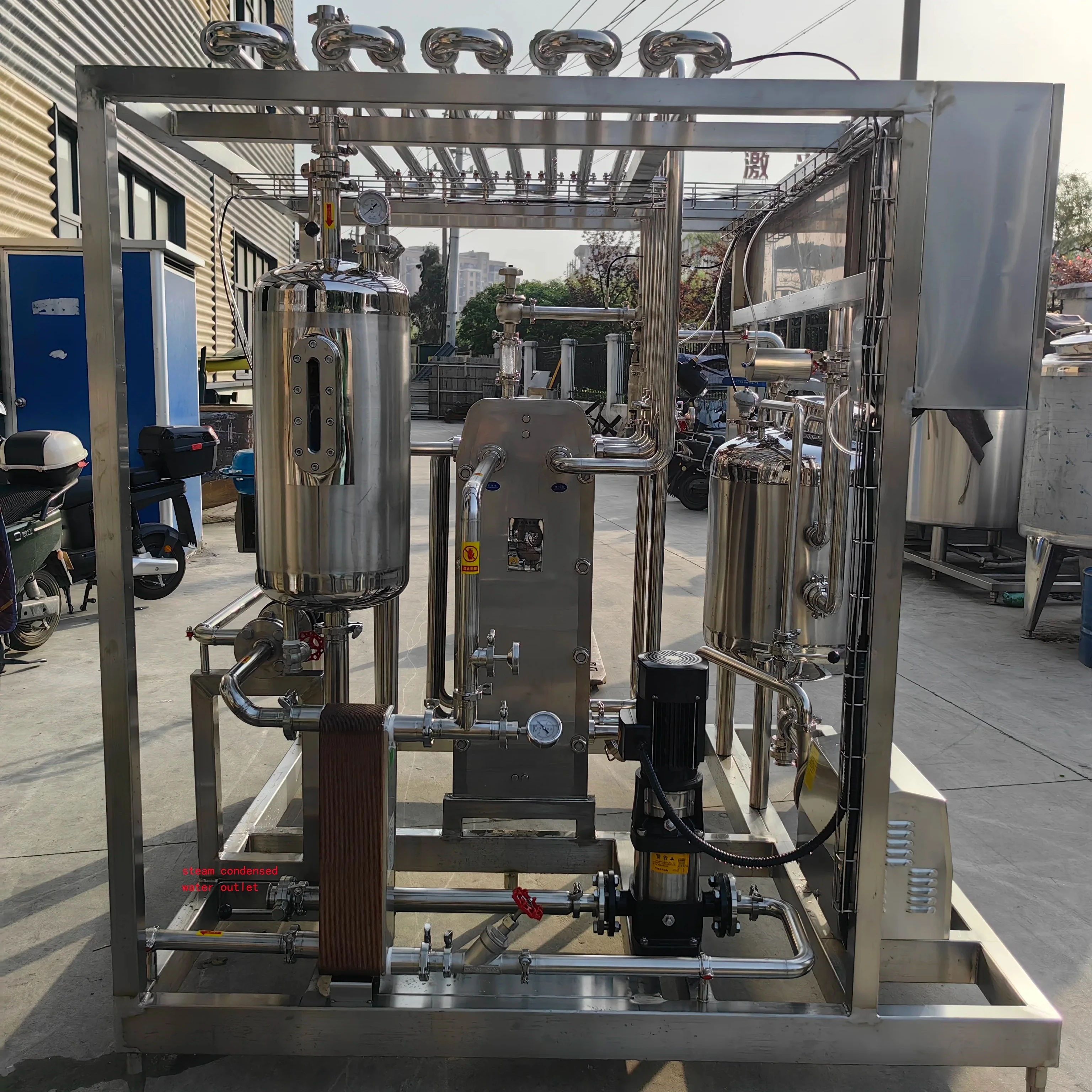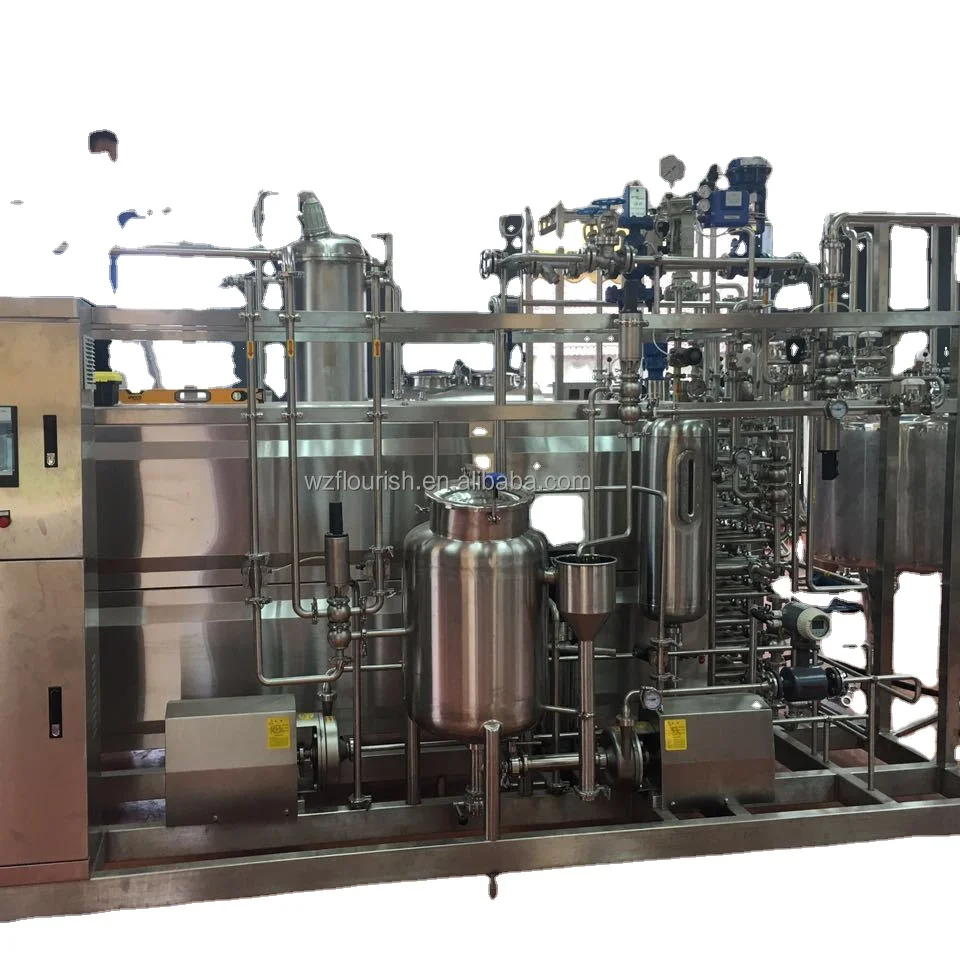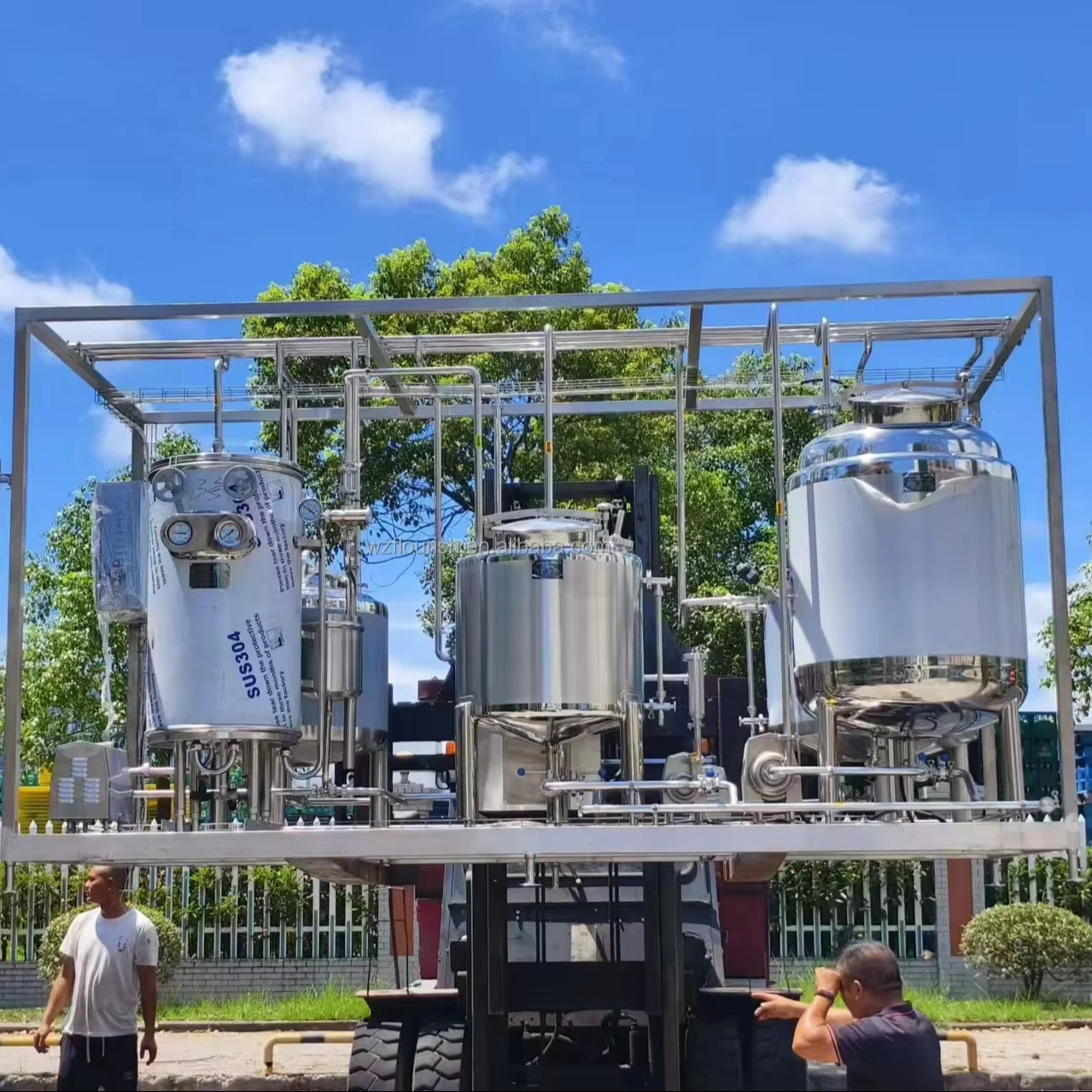ABOUT
Wenzhou Vince Machinery Science Co., Ltd. was established in early 1980s. Our company covers an area of 6500 square meters and is an independent legal representative firm, possessing rich economic technology strength. Our company is a high tech enterprise and plays an important role in national dairy, foodstuff, pharmacy and machinery industries. We are a beverage machinery supplier.
Since the establishment, our company has mainly engaged in dairy products, foodstuff, beverage machinery, bean products, yellow wine, medicines and fermentation projects. What's more, our company supplies a complete sequence services in manufacturing, installation, test and personnel train, as well as the whole direction service design and consulting service on product project construction or enlargement artistic distribution engineering sets budget.
PRODUCTS
Fermentation Tanks Shaping the Future of Food
Enhanced Efficiency and Scalability
Traditional fermentation methods, often relying on rudimentary containers and manual processes, were inherently limited in scale and consistency. Modern fermentation tanks, however, offer precise control over environmental factors like temperature, pH, and oxygen levels. This precision ensures consistent product quality, significantly improving yield and minimizing waste. Automated systems monitor and adjust these parameters in real-time, further optimizing the fermentation process and freeing up human resources for other tasks.
Furthermore, the scalable nature of industrial fermentation tanks allows for the mass production of fermented foods and ingredients, making them more accessible to a wider population. This is crucial for addressing global food security challenges, particularly in regions with limited access to nutritious and diverse food sources.
Expanding the Food Landscape
Beyond traditional fermented foods, fermentation tanks are paving the way for innovative and sustainable food production. They are key players in the burgeoning field of cellular agriculture, allowing for the efficient production of cultured meat, dairy products, and other animal-derived ingredients without the need for animal agriculture. This has significant implications for reducing environmental impact and addressing ethical concerns surrounding animal farming.
Moreover, fermentation tanks facilitate the production of novel food ingredients, such as single-cell proteins from microorganisms like yeast and algae. These sustainable protein sources offer a promising alternative to traditional animal-based proteins, addressing the growing global demand for protein while minimizing the environmental footprint of food production.
Improving Nutritional Value and Bioavailability
The fermentation process itself enhances the nutritional value of foods. During fermentation, microorganisms break down complex compounds into simpler, more bioavailable forms, increasing the digestibility and absorption of nutrients. For instance, fermentation can enhance the bioavailability of vitamins and minerals, improve protein quality, and reduce antinutrients that can interfere with nutrient absorption.
Furthermore, fermentation can produce beneficial bioactive compounds, such as probiotics and prebiotics, which support gut health and overall well-being. These compounds are gaining recognition for their crucial role in immune function and disease prevention. The controlled environment of fermentation tanks allows for the precise manipulation of microbial communities to optimize the production of these beneficial substances.
Sustainability and Reduced Environmental Impact
Fermentation offers a more sustainable path towards food production compared to conventional methods. Cellular agriculture, enabled by fermentation tanks, reduces land and water usage significantly compared to traditional animal agriculture. Similarly, the production of single-cell proteins requires far less land and resources than traditional plant-based protein sources.
In addition, fermentation often generates less greenhouse gas emissions than conventional agricultural practices. The precise control of the fermentation process minimizes waste and energy consumption, further enhancing its environmental sustainability. As awareness of climate change grows, the role of fermentation tanks in creating a more environmentally friendly food system will become increasingly crucial.
In conclusion, fermentation tanks are not simply advanced vessels; they are powerful tools driving a revolution in food production. Their ability to enhance efficiency, expand the food landscape, improve nutritional value, and contribute to environmental sustainability positions them as key players in shaping a more secure, nutritious, and sustainable future for food.
SUBSCRIBE
INQUIRY

